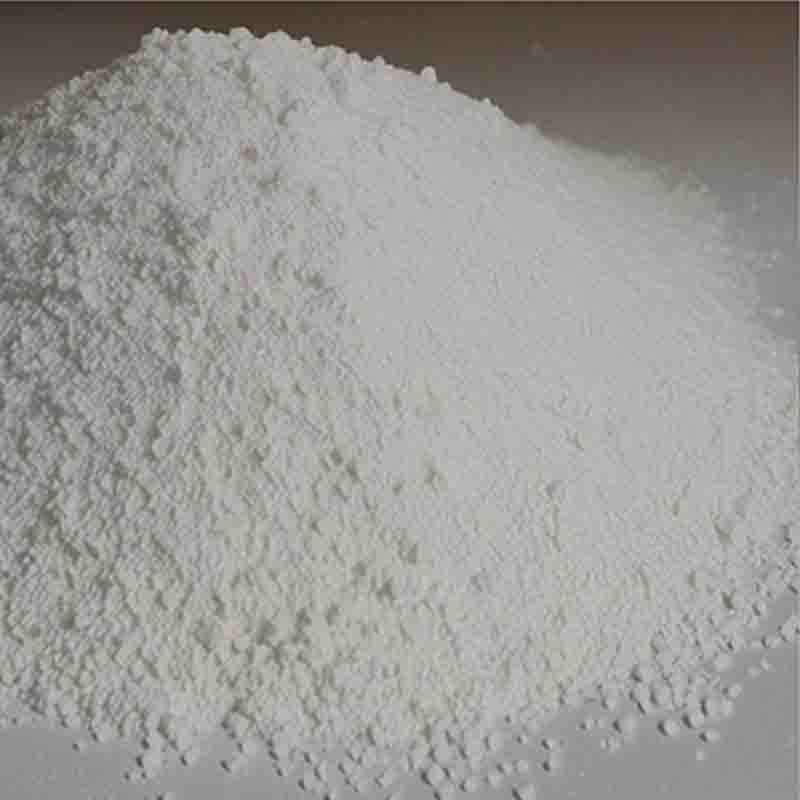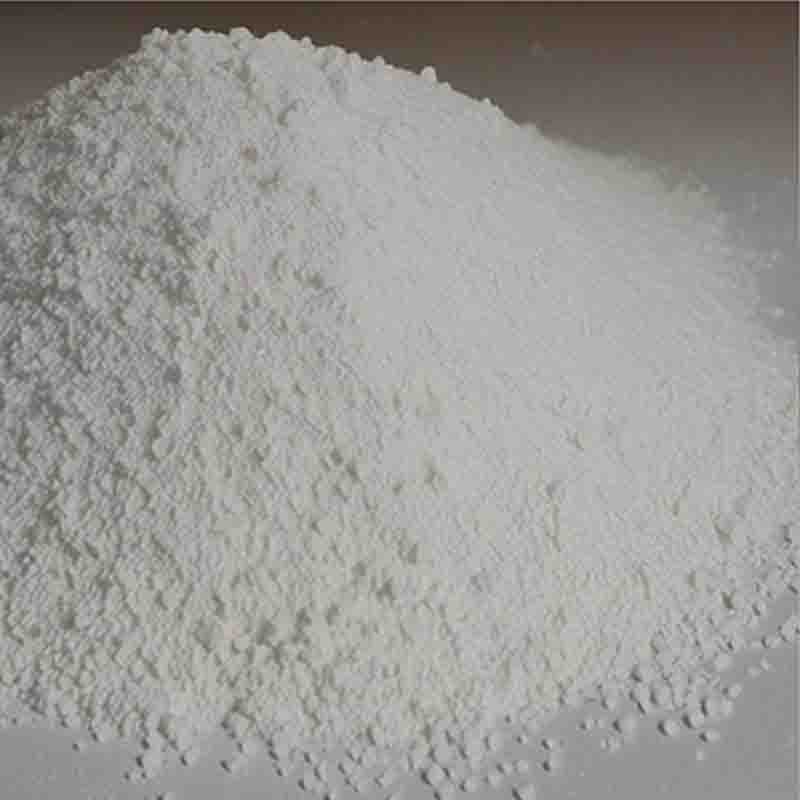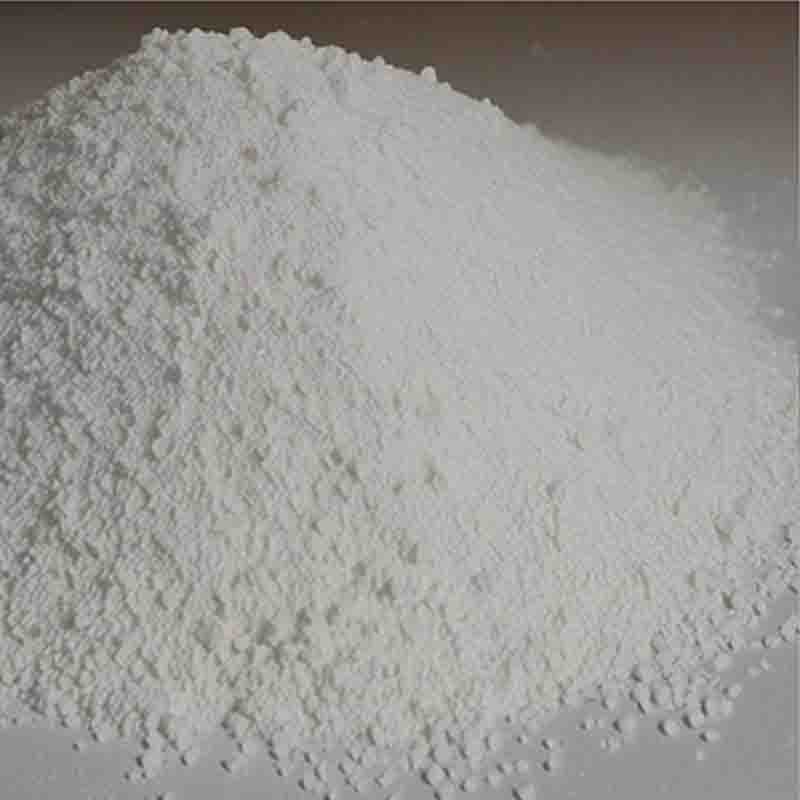Baccatin (III) CAS: 27548-93-2
| Catalog Number | XD94108 |
| Product Name | Baccatin (III) |
| CAS | 27548-93-2 |
| Molecular Formula | C31H38O11 |
| Molecular Weight | 586.63 |
| Storage Details | Ambient |
Product Specification
| Appearance | White powder |
| Assay | 99% min |
Baccatin III is a natural compound that plays a crucial role in the production of taxol, a widely used chemotherapy medication. Baccatin III is isolated from the Pacific yew tree (Taxus brevifolia) and is a precursor for the synthesis of taxol. Understanding the use of baccatin III involves delving into its significance in the development of taxol and its potential as a therapeutic agent.Taxol, also known as paclitaxel, is a chemotherapeutic agent used in the treatment of various types of cancer, including breast, ovarian, lung, and prostate cancer. It works by inhibiting the growth of cancer cells and preventing cell division. The discovery of taxol and its therapeutic potential has revolutionized cancer treatment, and baccatin III is a critical component in its production.Baccatin III is extracted from the bark of the Pacific yew tree and undergoes several chemical transformations to synthesize taxol. This compound acts as a precursor, serving as the building block for the formation of the taxol molecule. Without baccatin III, the synthesis of taxol would not be possible.The use of baccatin III in the production of taxol has been essential in increasing the availability of this life-saving medication. Before the discovery of the taxol synthesis pathway, the extraction of taxol from yew trees was limited and inefficient, making it challenging to produce enough taxol to meet the demand for cancer treatment. However, the isolation and utilization of baccatin III paved the way for the large-scale production of taxol, making it more accessible to patients in need.Apart from its role in taxol synthesis, baccatin III itself has shown potential as a therapeutic agent. Research has investigated its anti-cancer properties and its activity against various cancer cell lines. Baccatin III has been found to induce apoptosis (programmed cell death) in cancer cells and inhibit cell proliferation. Its ability to modulate microtubule dynamics, an essential process for cell division, gives baccatin III its anti-cancer properties. These findings suggest that baccatin III has potential as a standalone therapeutic agent or as a lead compound for the development of novel anti-cancer drugs.In conclusion, baccatin III plays a crucial role in the production of taxol, an important chemotherapy medication widely used in the treatment of various cancers. It acts as a precursor in the synthesis of taxol and has enabled large-scale production of this life-saving drug. Additionally, baccatin III itself possesses anti-cancer properties, showing potential as a therapeutic agent. Further research and development in this area may lead to the discovery of new and effective treatments for cancer.





![Di-chlorobis[(1,2,3-)-1-phenyl-2-propenyl]dipalladium(II) CAS: 12131-44-1](https://cdn.globalso.com/xdbiochems/白色粉末2677.jpg)



